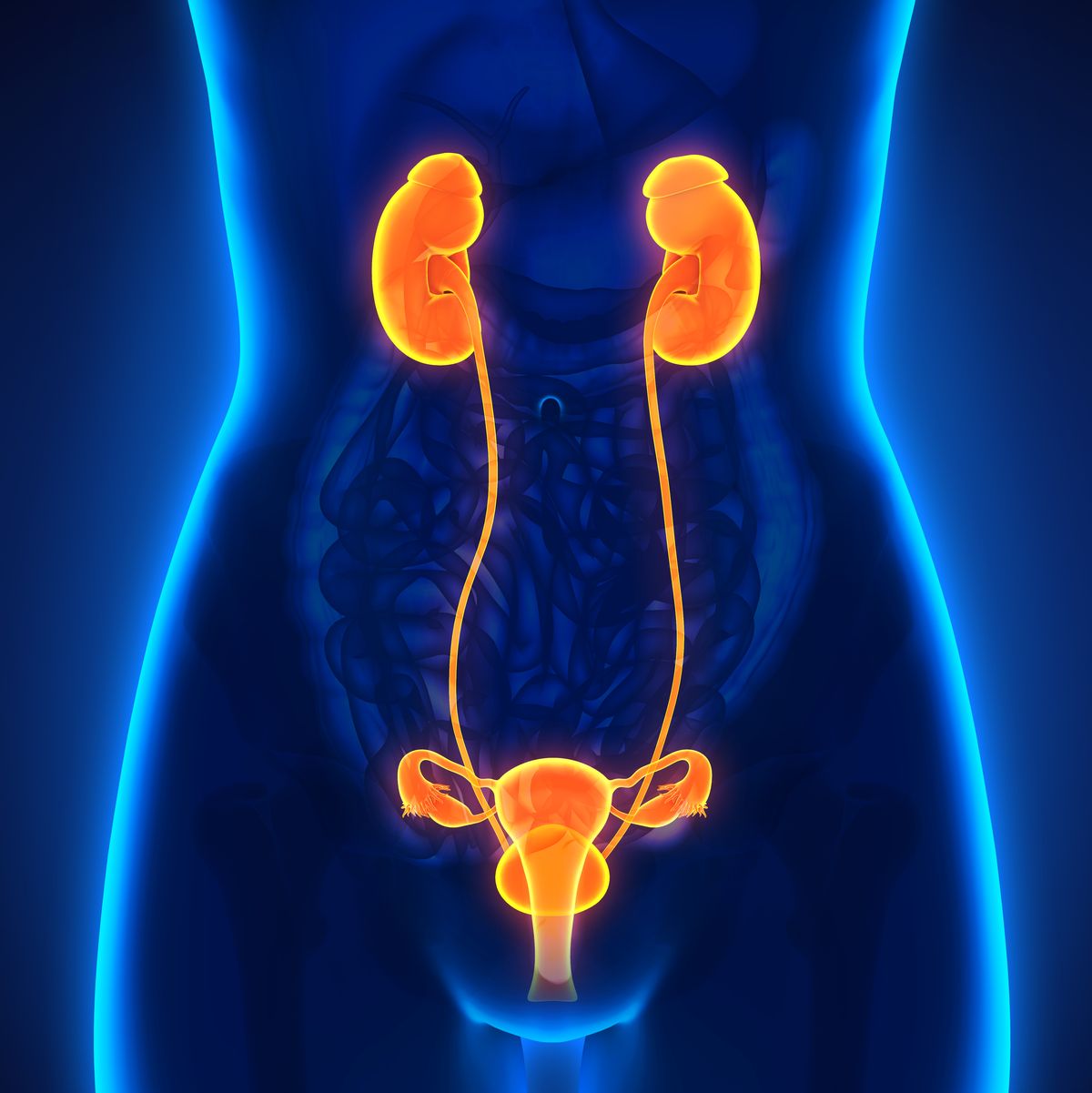Menopause can have a profound effect on a woman’s urinary health. As a woman progresses through perimenopause, she may experience changes in her urinary health. During menopause, women often experience changes in the urinary tract that can affect the urinary system and lead to unpleasant symptoms.
It is important to note that urinary health is connected to general health. As menopause progresses, hormonal changes can affect the bladder and other organs, leading to symptoms such as incontinence, urinary urgency, and urinary frequency. These symptoms can have a significant impact on quality of life and make it difficult to perform daily activities.
- Managing the Change of Life
Managing the change of life, more commonly known as menopause, can be a daunting experience. For many women, the physical and mental symptoms associated with menopause can be overwhelming. Fortunately, help is available. If you are experiencing urinary issues as a result of menopause, a urologist doctor near me can provide you with the diagnosis and treatment you need. From hormone therapy to lifestyle modification, there are numerous options available to help you manage this difficult transition.
- Understanding the Urinary Impact
As a urologist doctor near me, I’m often asked about the influence of menopause on female urinary health. Understanding the urinary impact of menopause can be one of the most important steps to managing urinary issues related to the change in your body. It can be helpful to think of menopause as a transition, rather than an end. It’s during this transition that you may experience urinary changes, such as a decrease in bladder capacity or other issues that can be alleviated by understanding the urinary impact of menopause.
- Taking Control of Your Bladder Health
Menopause can have a significant effect on the health of the female urinary tract. As a woman transitions into menopause, it’s important to take control of your bladder health. If you’re experiencing any changes in your urinary health, it’s always best to consult a urologist doctor near you. A urologist can help provide guidance and advice on how to manage bladder health during this time in your life. Common issues that can occur during menopause include urinary incontinence, bladder infections, and changes in urine color or smell.
Conclusion.
Menopause can have a significant impact on a woman’s urinary health. It is important for women to be aware of the physical and mental changes that can occur during menopause and to talk to their doctor if they have any concerns. With the right treatments, lifestyle changes, and medications, women can take control of their urinary health during menopause and enjoy the best quality of life possible.


